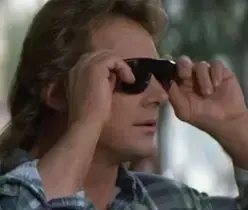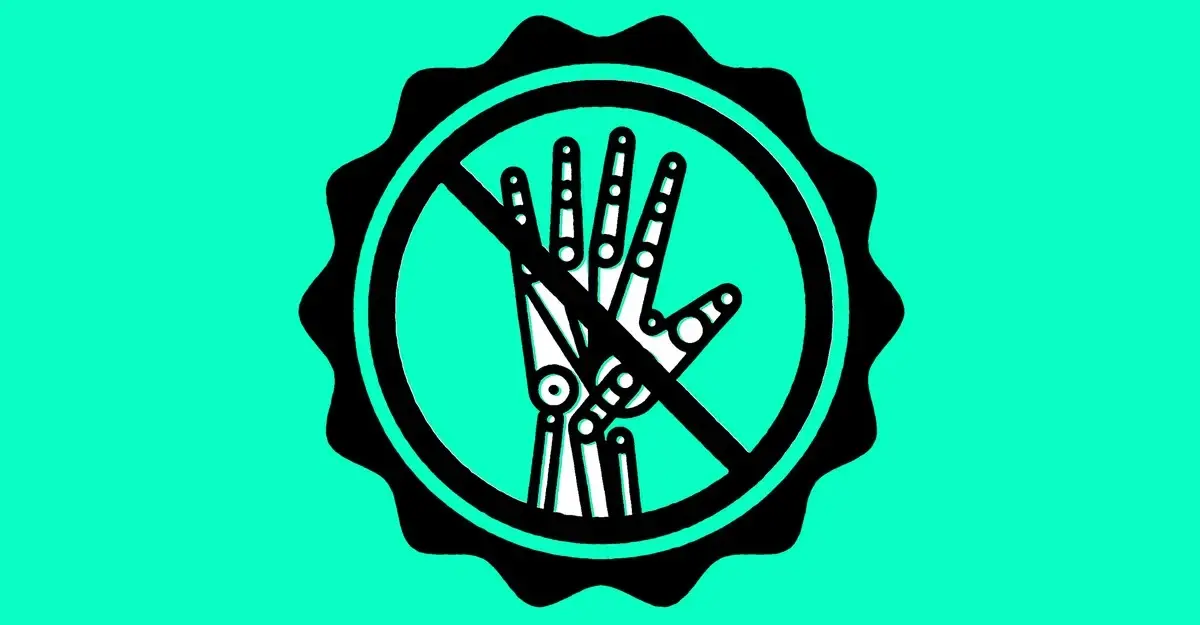As soon as Apple announced its plans to inject generative AI into the iPhone, it was as good as official: The technology is now all but unavoidable. Large language models will soon lurk on most of the world’s smartphones, generating images and text in messaging and email apps. AI has already colonized web search, appearing in Google and Bing. OpenAI, the $80 billion start-up that has partnered with Apple and Microsoft, feels ubiquitous; the auto-generated products of its ChatGPTs and DALL-Es are everywhere. And for a growing number of consumers, that’s a problem.
Rarely has a technology risen—or been forced—into prominence amid such controversy and consumer anxiety. Certainly, some Americans are excited about AI, though a majority said in a recent survey, for instance, that they are concerned AI will increase unemployment; in another, three out of four said they believe it will be abused to interfere with the upcoming presidential election. And many AI products have failed to impress. The launch of Google’s “AI Overview” was a disaster; the search giant’s new bot cheerfully told users to add glue to pizza and that potentially poisonous mushrooms were safe to eat. Meanwhile, OpenAI has been mired in scandal, incensing former employees with a controversial nondisclosure agreement and allegedly ripping off one of the world’s most famous actors for a voice-assistant product. Thus far, much of the resistance to the spread of AI has come from watchdog groups, concerned citizens, and creators worried about their livelihood. Now a consumer backlash to the technology has begun to unfold as well—so much so that a market has sprung up to capitalize on it.
Obligatory “fuck 99.9999% of all AI use-cases, the people who make them, and the techbros that push them.”



The problem is that shit art is what employs a lot of artists. Like, in a post-scarcity society no one needing to spend any of their limited human lifespan producing corporate art would be awesome, but right now that’s one of the few reliable ways an artist can actually get paid.
I’m most familiar with photography as I know several professional photographers. It’s not like they love shooting weddings and clothing ads, but they do that stuff anyway because the alternative is not using their actual expertise and just being a warm body at a random unrelated job.
I’m sorry, but it’s over. Just like photography killed miniature portrait painting. Or Photoshop killing off lab editing and airbrush touchup. Corporate art illustration is done and over with. For now, technical illustration is viable but I don’t know for how long. It sucks but this is the new reality.
I don’t disagree, just pointing out that it’s not “good riddance” for a lot of artists that depend on that to have any job in art.
Yeah, that really sucks about the jobs. But that kind of work is soul sucking. Maybe some people like it, but I didn’t.
All of my artist friends also found it soul sucking, they just needed to make (real) money. Friends of friends with the occasional $20 to spare for a commission just don’t pay the bills. I think the only artist friends I have that make a living off their chosen medium and don’t hate their job are lifestyle photojournalists.